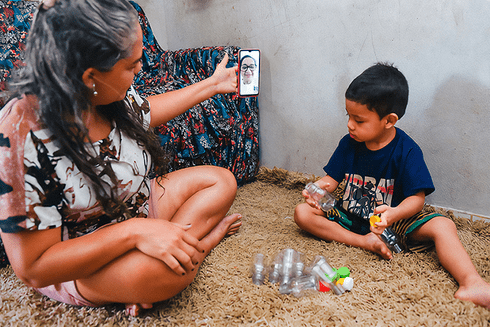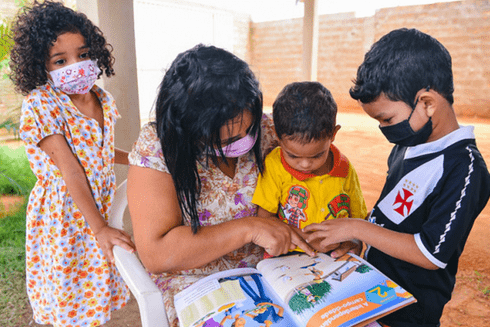
What Is Early Childhood Development?
Early Childhood Development (ECD) refers to the development of cognitive, language, motor, and socio-emotional skills during the first five years of life. During this period, the brain’s structure is defined, and the foundations for future learning and lifelong achievement are laid.

Why Is It Important to Invest in Early Childhood?
Early childhood offers a unique opportunity to invest in human capital. Evidence shows that high-quality, well-targeted interventions:
- Are the most cost-effective social investment
- Help reduce inequalities
- Promote the care economy

What Challenges Does the Region Face on Improving Early Childhood Development?
- Expanding the coverage of center-based care programs and family support programs
- Improving program quality, with a special focus on caregiver-child interactions
- Strengthening the institutional framework, which faces ineffective governance and scarce, volatile funding, and lacks an institutional and regulatory framework for interaction with the private sector and civil society

Implementing High-Quality ECD Services at Scale
- Expanding the coverage of center-based care programs and family support programs
- Promoting program quality, with an emphasis on caregiver-child interactions
- Improving ECD workforce professional development and working conditions
- Developing hybrid delivery modalities of ECD services
- Addressing the mental health of children and their caregivers
- Recognizing the context and diversity of children and their families

Building a Strong Institutional Architecture
Efficient Management
- Promoting intersectoral coordination
- Diversifying funding sources
Evidence-Based Public Policy
- Evaluating interventions
- Assessing service quality
- Measuring child development at the population level

Implementing High-Quality ECD Services at Scale
- Expanding the coverage of center-based care programs and family support programs
- Promoting program quality, with an emphasis on caregiver-child interactions
- Improving ECD workforce professional development and working conditions
- Developing hybrid delivery modalities of ECD services
- Addressing the mental health of children and their caregivers
- Recognizing the context and diversity of children and their families

Building a Strong Institutional Architecture
Efficient Management
- Promoting intersectoral coordination
- Diversifying funding sources
Evidence-Based Public Policy
- Evaluating interventions
- Assessing service quality
- Measuring child development at the population level
Sector Framework Document

Publications

Innovation Fund

Knowledge Hub

Community of Practice
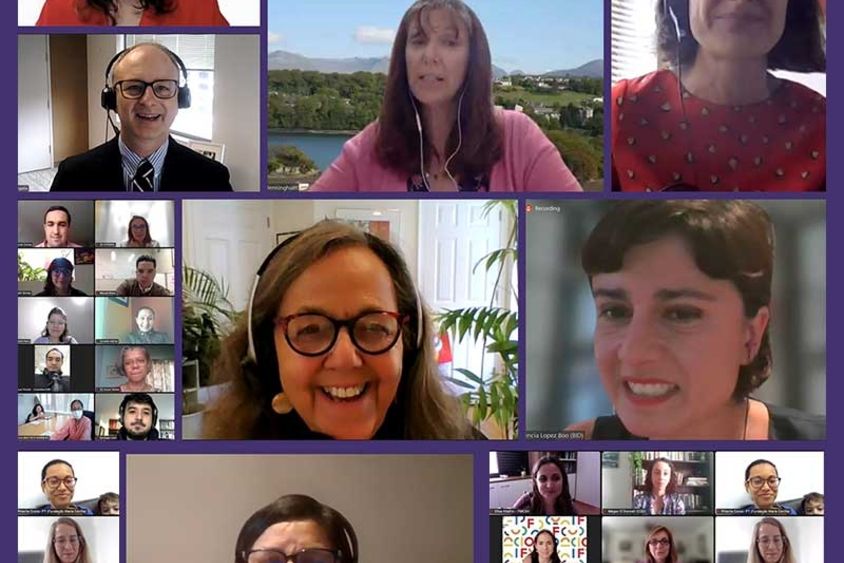



Videos available in their original language

Learn More

Learn More
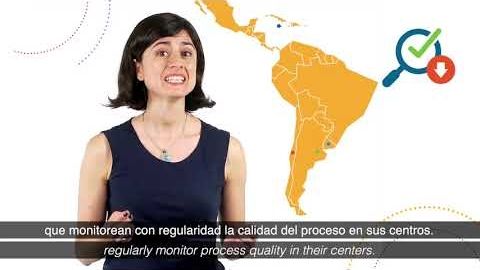
Learn More

Learn More
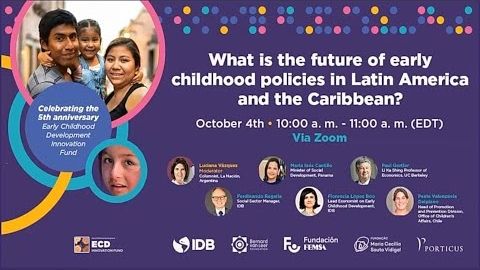
Learn More

Learn More




